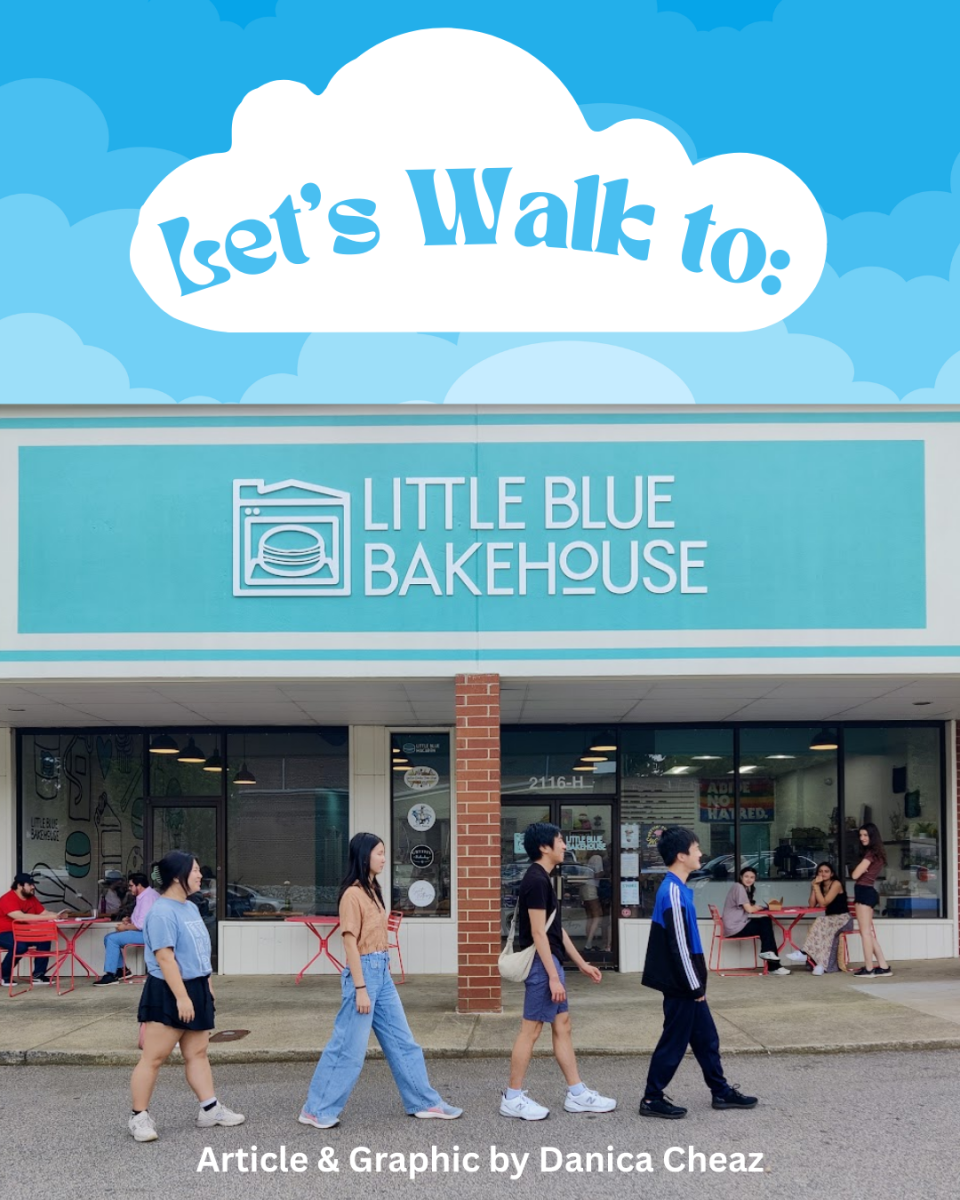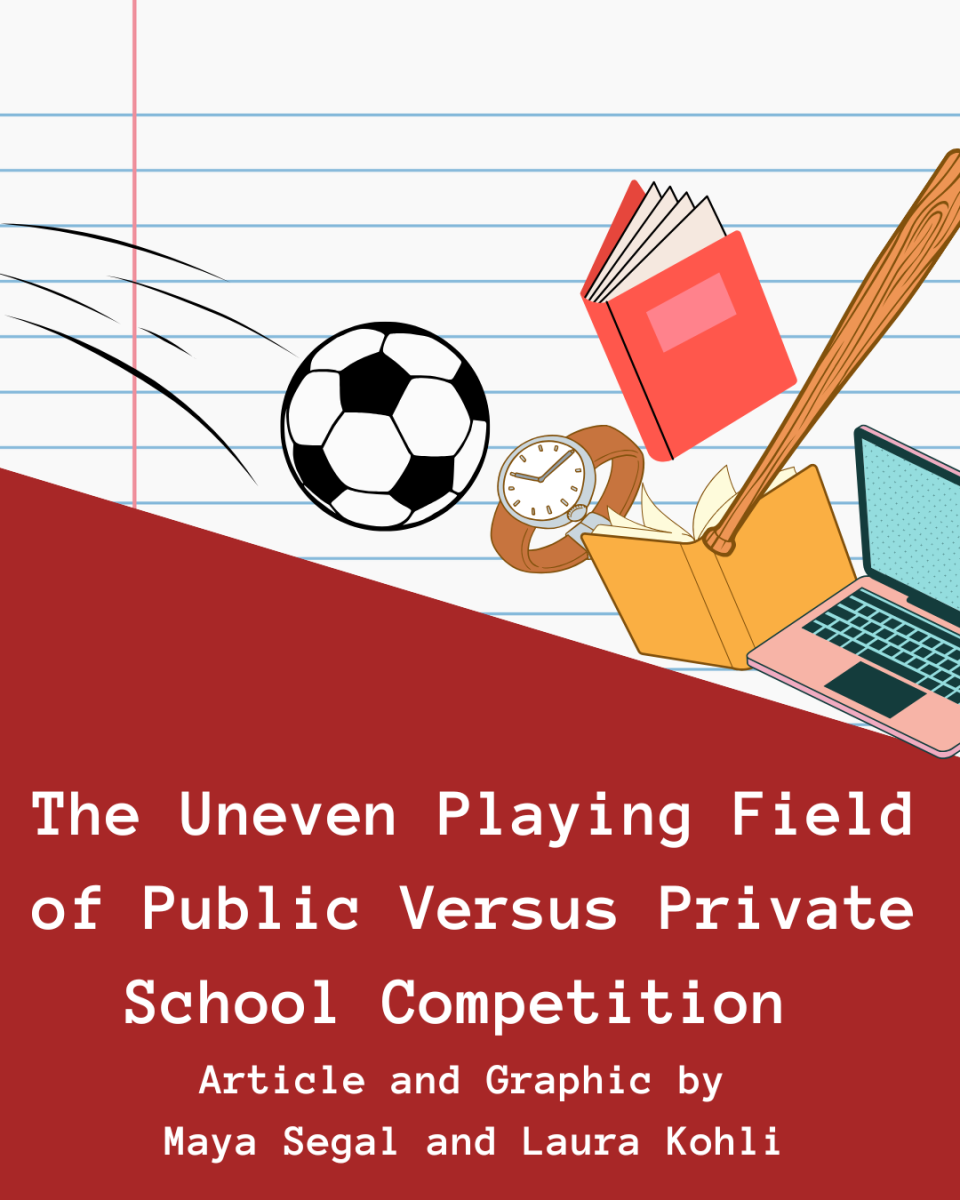Enloe High School and some other WCPSS schools have recently adopted a new final exam exemption policy for seniors. In previous years, seniors with a grade of C and above were exempt from taking their final exam, assuming a student had less than three unexcused absences in that class. This year, the rule is that a senior must have a B in the class and have fewer than 10 excused or unexcused absences. This makes sense from an administrator’s perspective, as seniors often stop prioritizing school after being accepted into college. However, this is disadvantageous for those with genuine reasons to be out of school.
One of the most prevalent issues many students may see on a daily basis is sick seniors coming to school to avoid having too many absences. Things like the cold, flu, and even COVID-19 are being treated as something to simply “put a mask on” and attend school. First of all, this is incredibly dangerous to students, but can we really blame the people who do this? When an environment has been created where missing school to deal with sicknesses counts against a student, choosing to attend school is an understandable risk. The trade-off is too high.
Is it really in our communities’ best interest to pressure ill seniors to attend school despite the risk of spreading it to peers? Should sick students be pressured to risk their health and the health of others by attending school?
On top of these previous absences, there are other, more limited reasons for missing school. These can include court proceeding-related absences for those who may face or be involved with legal issues, non-school sponsored external extracurricular opportunities, or deaths in the family. While these minor absences may impact students rarely, no student should worry about being forced to take a final exam before deciding to attend a club conference, while in a court proceeding, or grieving the death of a family member.
Additionally, students are allowed 2 days of absences, according to the Enloe High School student handbook, to visit colleges, take tours, etc. 2 days is a great starting point, but why not more? Students are heavily encouraged to go to college, university, or the military, but why not give more flexibility to explore these options? Wouldn’t it be in the school systems’ interest to have seniors explore all of their options before settling for one? While it can be argued that students can take advantage of this to excuse vacation absences, requiring documentation and removing bogus requests can easily deter this. Is it really realistic that a student is “visiting” the University of Central Florida for 2 weeks and not going to Disney World?
From the perspective of non-administrators, it seems the policy’s goal is to reduce senior absences during the school year rather than force seniors to be tested on the content they may not have mastery of due to prevalent absences. This is reasonable. Greater attendance improves state/AP & IB exam scores, leading to more funding. However, there are alternative ways to achieve attendance goals. And to this point, if students do not complete their absences’ makeup work within sufficient time, they will likely fail or receive a low grade. The policy of having a B or above would sufficiently deter this type of behavior and ensure content mastery.
Teachers often see decreases in seniors attending their classes after college acceptances start in December through March. It is fair and understandable to address this. However, requiring seniors who genuinely need to miss school in large quantities to take final exams is unfair to this group of students. Many students can make up their work within a few days without significant harm to their education, and these absences are often scattered, meaning that learning & mastery of content are not impaired to the extent that is estimated.
Although it may not be up to Enloe alone, a simple change would be placing a requirement on unexcused absences and a grade letter requirement for senior exemptions. This goes to the heart of senior skipping and would deter seniors from having a double lunch or coming to school late. Excused absences cannot be used to “skip” either, as they require documentation in the form of a medical note from the doctor, a form for extracurricular opportunities, or some other form of communication with an adult.
This policy would be ideal as it allows students to deal with the extraordinary situations that life may throw at them at home and return to school when they feel comfortable doing so. They would still be required to complete work within a set number of class periods. This policy would also filter out those who cannot demonstrate mastery in class and need to take the final through the previously mentioned letter grade requirement.
While the principal can waive absences, why do they have to? Shouldn’t policy that allows seniors to miss school for genuine reasons be codified without additional bureaucratic layers?
All in all, the decision-making process behind this likely had good intentions. There is nothing wrong with wanting more in-school attendance. However, the burden such attempts place on students with genuine reasons not to be at school should be looked at by county administration. We reverted to a less restrictive policy last year, so why not make the change again this year?







